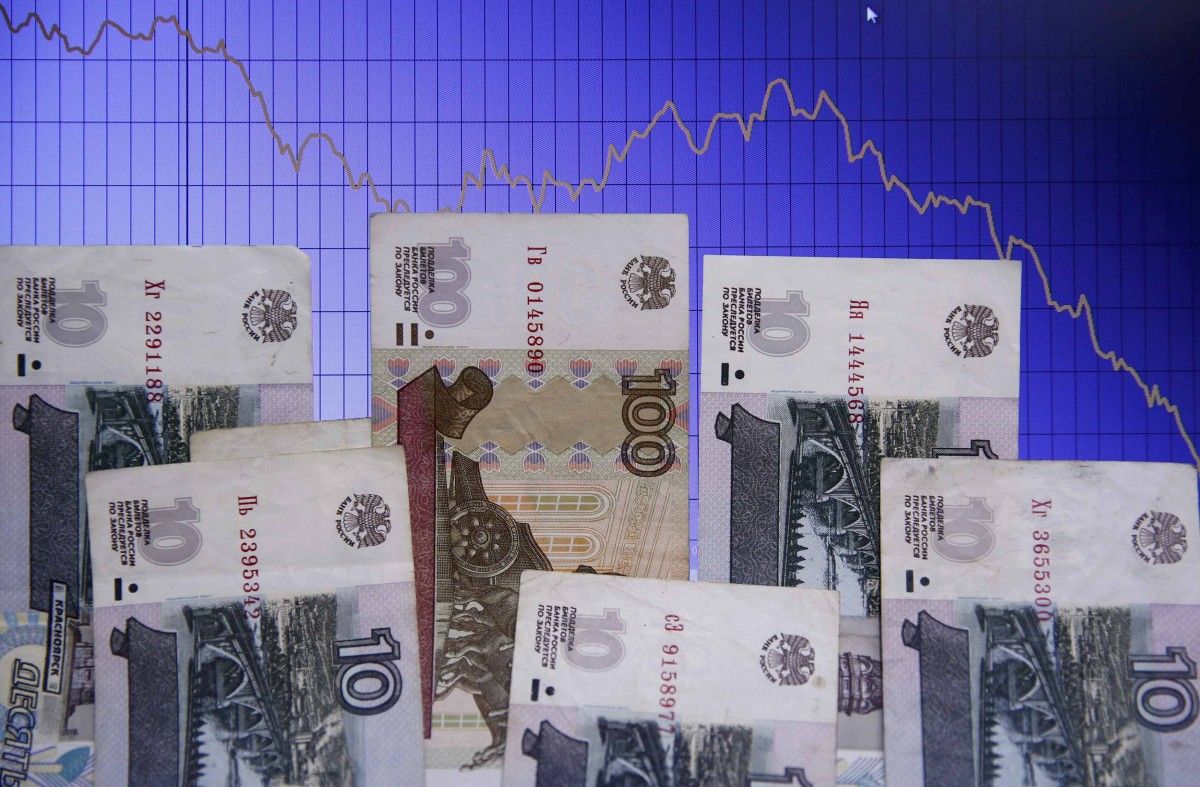
While Americans argue about the extent of Russia's intervention in the U.S. presidential election, Putin is battling a recession at home. To that end, he has recently focused on the ruble's exchange rate: A weaker currency could boost the competitiveness of Russian exports, and also help balance a budget that depends heavily for revenues on the ruble value of hard-currency oil and gas exports. Some forecasters expect the Russian central bank to do its part by lowering interest rates later this week, the Editorial Board of Bloomberg wrote in its article titled "Vladimir Putin Is His Economy's Worst Enemy" on July 27.
Such tinkering at the margin, though, serves only to obscure an economic weakness more fundamental than the exchange rate, the price of oil or Western sanctions: Putin's oppressive governance. His regime's grasp on power depends too much on subverting the rule of law to enrich allies and punish opponents – an approach that has undermined a long list of businesses, from Mikhail Khodorkovsky's Yukos oil company to, earlier this year, the RBC media group, which had the temerity to investigate Putin's friends and family.

This attitude toward private property sets the tone for all of officialdom. Any entrepreneur can become the target of authorities, from fire inspectors to criminal investigators, who demand payment on the threat of fines or even imprisonment – or simply shut businesses down on behalf of better-connected competitors. The disincentive to business is extreme: Why invest in the future if whatever you build can be taken away?
It's thus no surprise that Russia's economy is struggling. Companies are sitting on cash, investment is down, and local producers have failed to expand despite the help of a ruble devaluation and a ban on many Western imports. Output of food items that compete with imports was up only 1.8 percent in the first five months of 2016 compared with a year earlier. Economic growth is expected to remain below 2 percent for years to come, far short of the 5-percent-plus pace that prevailed for much of the 2000s.
With popular dissatisfaction growing and parliamentary elections coming in September, Putin recognizes the need for action. To generate ideas, he has created a council of economists including the respected former finance minister Alexei Kudrin. For all their differences, the economists agree on one thing: Russia cannot prosper without reforms aimed at strengthening property rights and easing the bureaucratic burdens on business. This would require, for example, creating a truly independent judiciary and sharply reducing the number of entities that have the power to inspect and fine.

Sensible as that recommendation may be, acting on it would have far-reaching consequences for Putin's regime. If Russia is to have an impartial justice system, then the Kremlin elite can't trump up charges against perceived enemies or take assets away from businesspeople who support the opposition. And if the opposition can't so easily be silenced, Putin may have to submit to more competitive elections. In other words, reforming the economy requires fixing the political system as well.
It's extremely hard to imagine that Putin, even with his still-high personal approval rating, would consider such a change – let alone mount the effort needed to transform a bureaucracy and justice system that have long since adapted to the abuse of power. Yet if he wants to address an economic malaise that could ultimately threaten to topple him, that is precisely what he must do.

